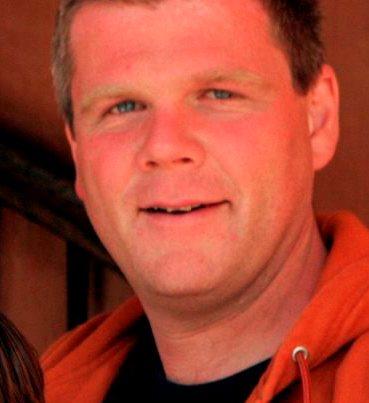Viggo Krüger
Hovedinnhold
Project title: Music - narrative - community: Community music therapy in context of child welfare practice
Project period: Aug 1, 2006 - July 31, 2012
Main supervisor: Brynjulf Stige
Co-supervisor: Dagfinn Winje
The project:
Theses submitted november 2011.
Krugers PhD work explores how adolescents living under the care of Norwegian child welfare use music in different settings. The study aims to gain knowledge based on how young people describe their use of music in settings which include everyday situations and participation in organized Community music therapy activities. Kruger base his work on how adolescents who have participated in Community music therapy activities create stories related to different themes. He relate research questions to two basic perspectives; a human rights perspective on one hand and a socio-cultural perspective on the other.
Kruger describe implications for Community music therapy in the context of child welfare with many challenges and paradoxes which have to be solved through practice. He present three different strategies which can be seen in relation to preparation of "good enough" practice. Firstly Community music therapy is described as a way for the individual young person to make and maintain contact with the music therapist. The strategy includes person-oriented activities such as conversation, songwriting, and the use of music technology. Secondly Kruger propose a strategy called Community music therapy as a meeting place. This strategy includes community-oriented activities such as playing in a band or doing songwriting collectively. The strategy facilitates peer group relations, contact with family members or adults from child welfare institutions. The third strategy is described as Community music therapy as citizen participation. The strategy involves working with community related aspects such as values, rights and attitudes.
Furthermore, Kruger suggest that appropriate participation-oriented practices are arranged so that it is possible to take inclusive multiple perspectives in account regarding the choice of strategy. This means that children and young people are given the opportunity to receive guidance and support of adults and that they have the opportunity to be with their peers where friendship and social support can be found. Put another way, it is important that children experience a balance between support and boundaries and are given freedom to create a separate identity as young teenagers.
Viggo Krüger is PhD candidate at GAMUT, Griegacademy, University of Bergen. He also works as a music therapist at Aleris Ungplan, a child welfare institution. Since 2002 Kruger has facilitateted music workshops for children and adolescents living under care of the Norwegian child welfare system.
